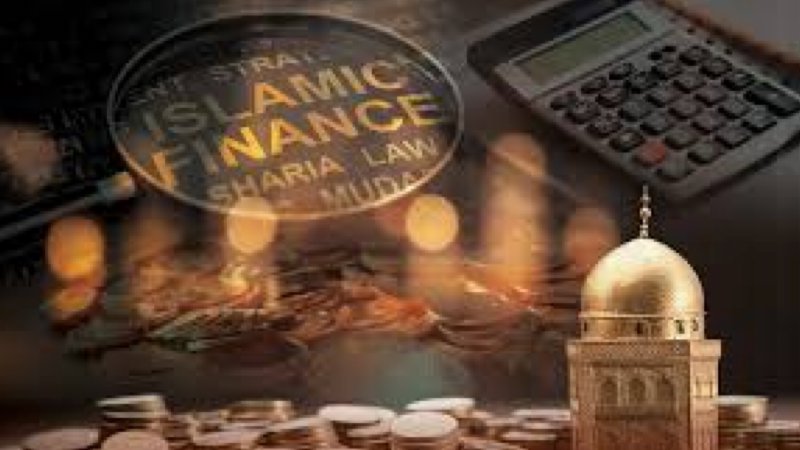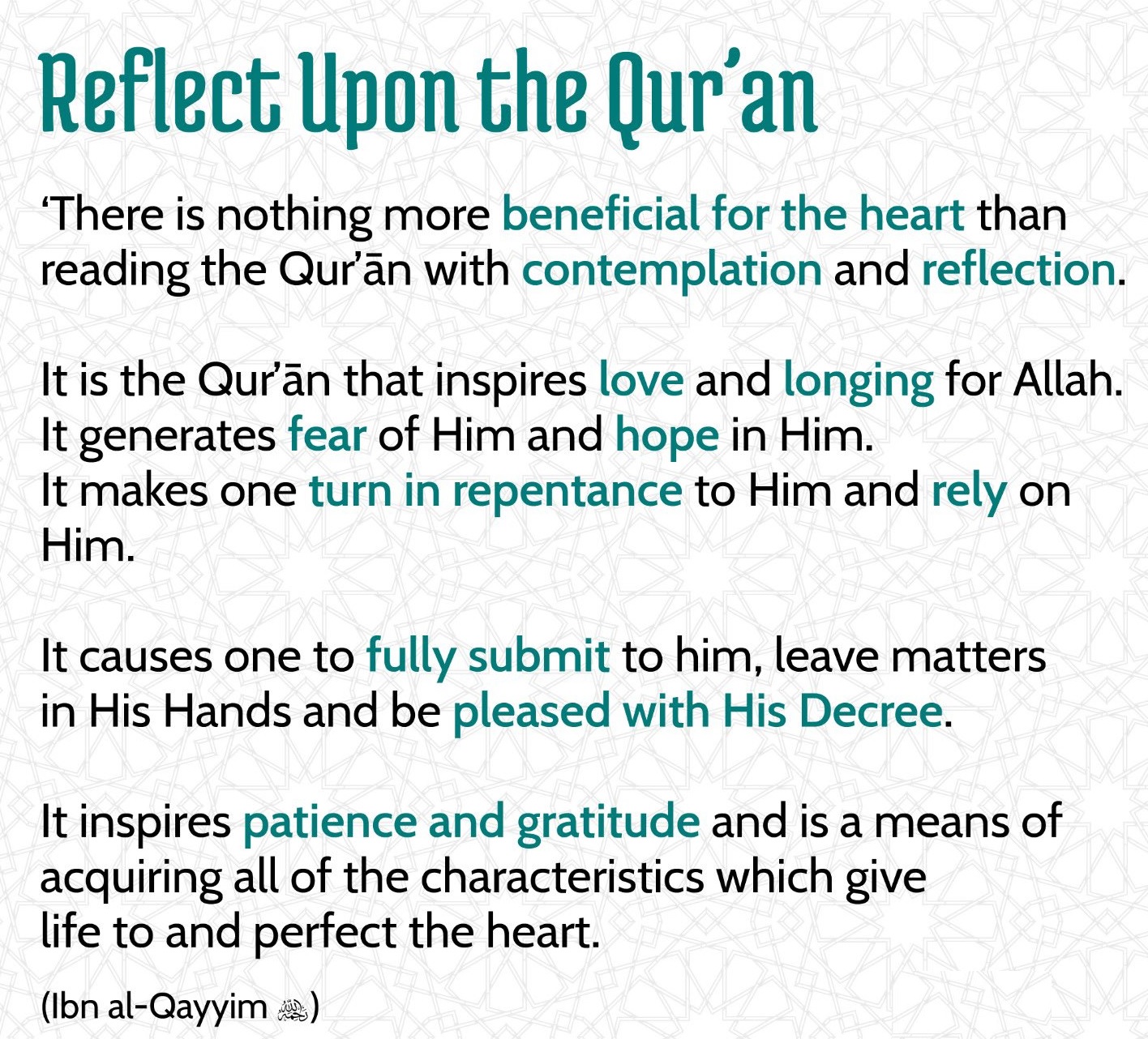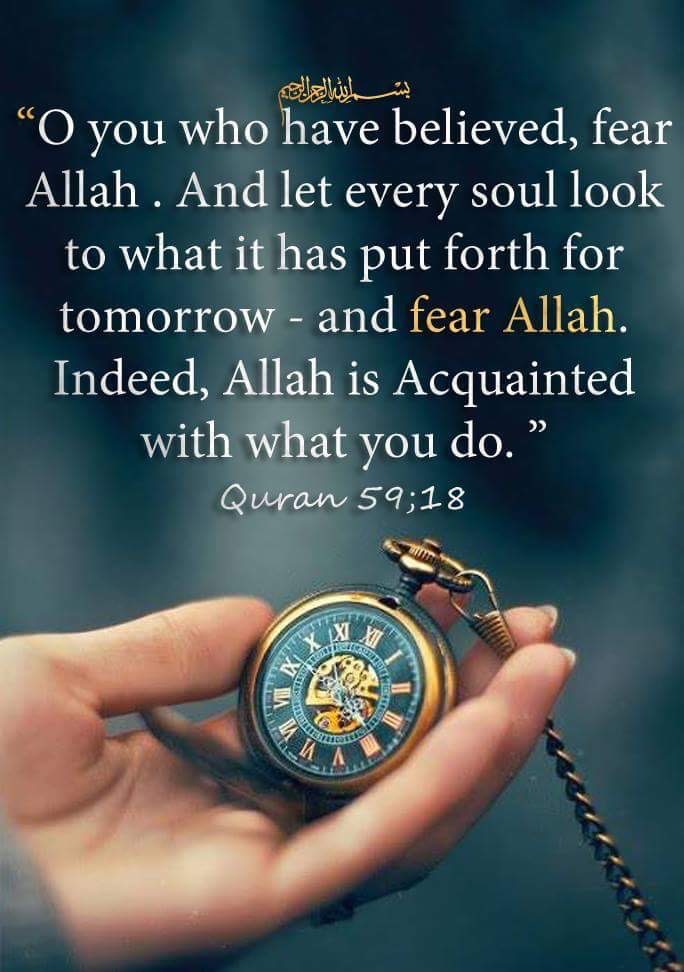Islamic Finance and Contemporary Education

- Sajid Holy
- 09 Sep, 2025
One major reason students pursue M.Com is that B.Com alone doesn’t guarantee a well-paying job in today’s competitive market. But it’s also true that M.Com gives more specialization, opens doors to teaching/research, and serves as a foundation for further professional qualifications. However, conventional accounting, finance, and banking systems are largely built upon interest-based transactions, which directly conflict with Islamic principles. Studying Islamic banking, finance, and economics equips a Muslim with knowledge of permissible financial systems (like profit-sharing, mudarabah, musharakah, murabaha, sukuk, etc.). This not only aligns with faith but also contributes to building a halal financial system in society. There is a growing demand worldwide for experts in Islamic finance, so it can also be a good career path. However, it should also be noted that accounting as a skill itself is not haram — it’s just a system of recording, reporting, and analyzing financial information. This can be applied in both halal and haram contexts. Many Islamic banking professionals first study conventional accounting/finance to gain technical expertise and then specialize in Islamic finance. This way, they understand both systems and can practically implement Shariah-compliant alternatives. Iit is definitely better for a Muslim to study Islamic banking, finance, and economics over conventional interest-based systems, since that aligns with Islam and avoids riba. However, learning conventional accounting/finance as a technical tool (without approving riba) can also be useful to strengthen one’s expertise in Islamic finance.
Check Islamic Banking Workshop by Shaikh Arshad Basheer Madani
Leave a Reply
Your email address will not be published. Required fields are marked *













